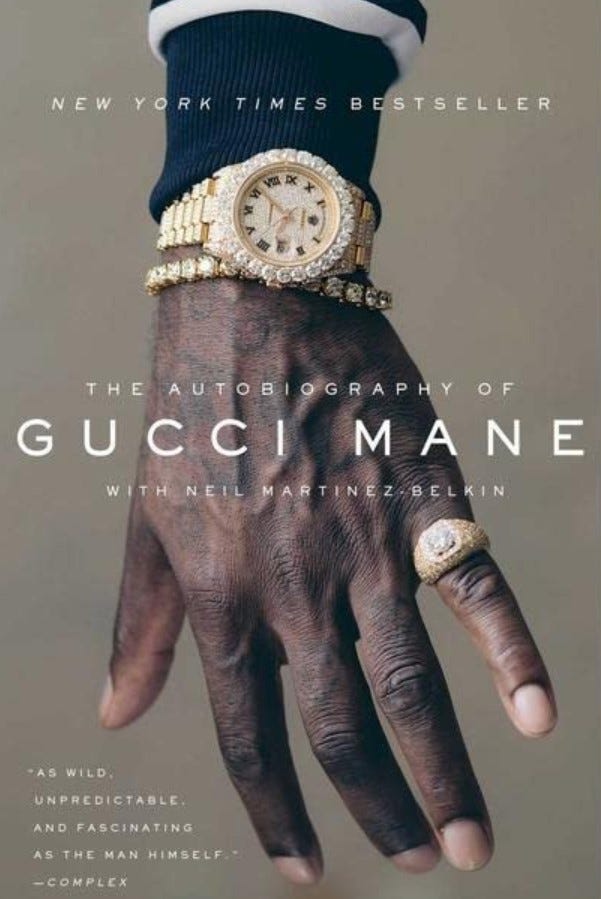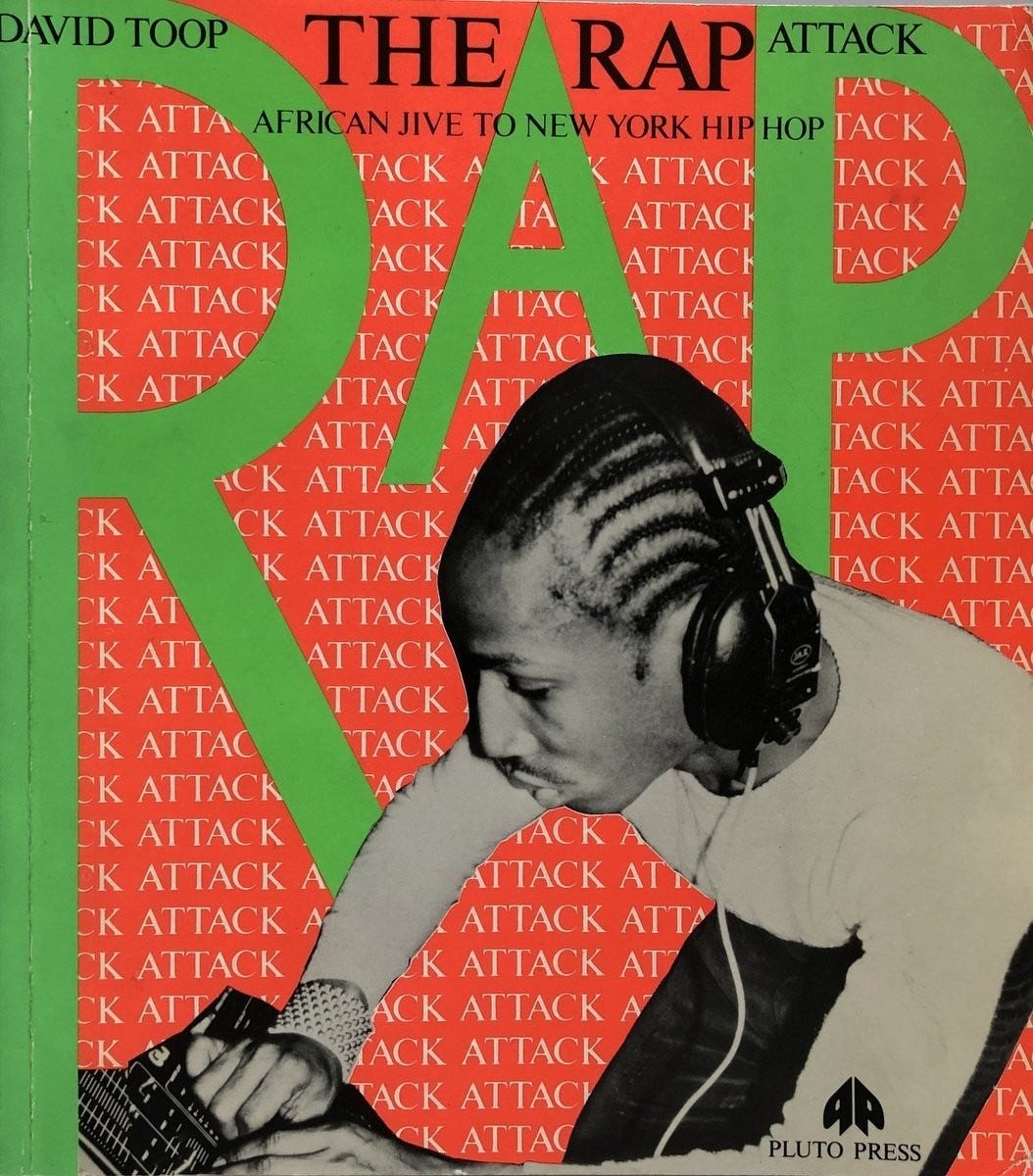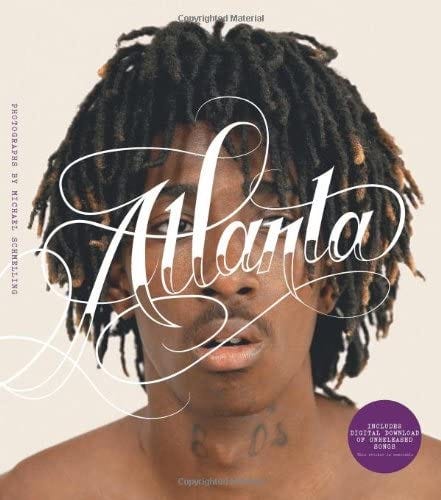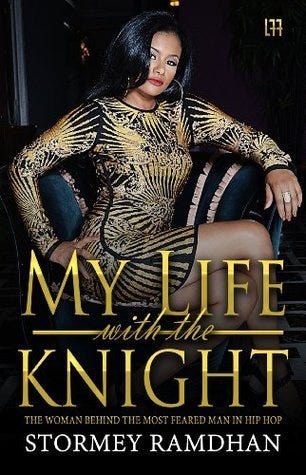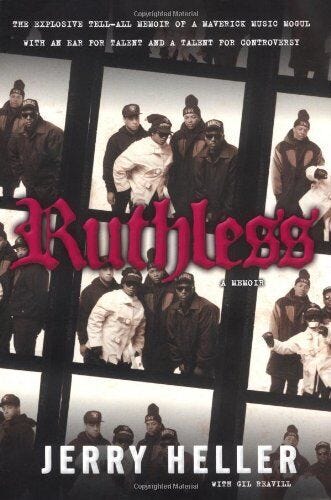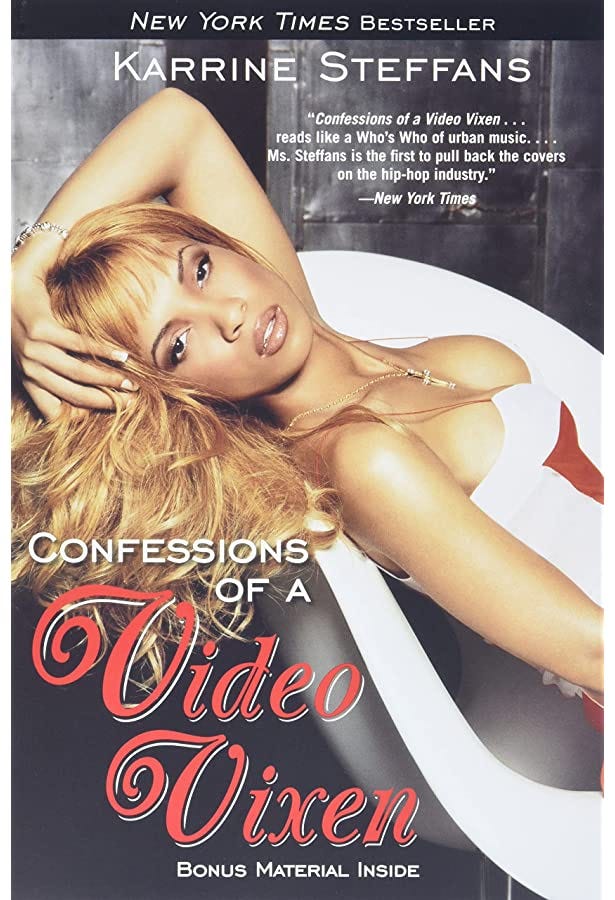My Favorite Hip-Hop Books
When I first considered writing a book about hip-hop, other authors discouraged me. Rap books don’t sell, they said, because hip-hop fans don’t read.
We now know that’s bogus. In the past ten years hip-hop books have exploded. Supplementing perennial favorites like Tupac’s collection of poems The Rose That Grew From Concrete, and Jeff Chang’s socio-cultural history Can’t Stop Won’t Stop, memoirs from practically every popular rapper of recent decades have become best-sellers, from Rick Ross to Fat Joe to Nipsey Hussle to Lil Boosie.
I love reading about hip-hop nearly as much as I enjoy listening to it; the artists’ real-life stories are frequently more compelling than the fictionalized ones they tell in song. I especially dig autobiographies, both from the marquee names and the hangers-on. Accounts of how someone beat the odds to achieve their dreams never gets old, particularly since that’s when the real trouble usually begins.
1. The Autobiography of Gucci Mane by Gucci Mane and Neil Martinez-Belkin
Gucci Mane has a devoted fan base, but his work can be difficult for newcomers to penetrate. There’s so much of it, and for each classic there’s ten clunkers. I’d therefore suggest starting with this memoir, which traces his road from the slums of Bessemer, Alabama to the top of the pops, to meme-ification, to prison, and then back again.
What you want a memoirist to do is be honest and name names, and Gucci does both, almost to a fault, including shock-and-awe anecdotes about his own family, lovers, and stars like Rick Ross and Migos, the latter of whom he says threw their old, fake jewelry in the trash the moment he signed them. I can’t recommend this book enough, for an agenda-less account of poverty and how it changes people forever.
2. The Rap Attack: African Jive to New York Hip Hop by David Toop
This work of right place/right time scene documentation is so profound that it should sell as well as perennial-favorite music books like Our Band Could Save Your Life, The Dirt, and Please Kill Me. Yet it’s long out of print; used copies sell on Amazon for $276, although you can find cheaper ones on eBay.
The title indicates just how early in the genre’s evolution it came out; upon its original 1984 release it was actually called The Rapattack. You’re not going to find better primary source material on East Coast originators like Sugarhill Gang creator Sylvia Robinson, Kurtis Blow, and Davy DMX, nor better explanations of the African-American traditions that informed hip-hop, like toasts, signifying, and the Dozens.
3. Atlanta: Hip-Hop and the South, by Michael Schmelling
This coffee table book chronicles Atlanta in the mid-to-late ‘00s, right when the city’s scene was beginning to dominate hip-hop.
The book feature interviews with Ludacris, Outkast, Shawty Lo and others, but at its heart are vibrant photos, not just of the headliners, but of fans and locals standing outside clubs, showing off their chains or tattoos, or just posted up, bored. One spread is devoted to shots of beaten-up blue pay phones. It’s a gritty portrayal of a very specific time and place, of a region suddenly infused with jobs, opportunities, dreams, and more incredible music than one could imagine.
4. My Life With the Knight: The Woman Behind the Most Feared Man In Hip Hop, by Stormey Ramdhan
By far the most obscure book on this list, My Life With the Knight is also the most honest and true account of Suge Knight that will surely ever be written, detailing his crimes and indignities (and occasional generosity) while helming Death Row Records.
Ramdhan had two children with Knight, and many of her observations about the rise and fall of his empire fall outside the conventional wisdom. She suggests that Tupac turned Suge into a bully, for example, rather than the other way around. It’s certainly not polished, but for true West Coast fans who think they know the whole story, it’s recommended.
5. Ruthless: A Memoir by Jerry Heller
I’ve heard that Freud’s work shouldn’t be read for the psychoanalysis, since most of his theories were long ago discredited. Rather, his books should be read as literature; though he got many of the specifics wrong, his musings add up to larger truths. I’d say the same thing about Ruthless, by Jerry Heller, N.W.A’s manager. The list of the book’s factual inaccuracies is long, from Heller’s particular allegations of criminality against Bone Thugs ‘n Harmony, to his purposeful obfuscation of the final months of Eazy-E’s life.
But if you can get past all that, his outsider’s description of the sights and sounds at the birth of gangsta rap are a joy to behold. He understood the spirit of N.W.A and the places where its members came from; he even understood why people like Ice Cube grew to hate him. It’s fun to hear him swear and project his DGAF attitude, even if you sometimes wish his fact-checker hadn’t followed his lead.
HONORABLE MENTION - MEMOIRS
Confessions of a Video Vixen, by Karrine Steffans: The I’m With the Band of hip-hop. Talk about naming names!
Diary of a Madman: The Geto Boys, Life, Death, and the Roots of Southern Rap, by Scarface with Benjamin Meadows-Ingram: Riveting throughout, yet Scarface actually comes across as pretty sane, which is oddly a let down.
Ice: A Memoir of Gangster Life and Redemption, From South Central to Hollywood, by Ice-T: Every sentence feels true. He even admits hailing from Summit, New Jersey, home to a thousand and one hedge fund managers.
Got Your Back: The Life Of A Bodyguard In the Hardcore World Of Gangsta Rap by Frank Alexander with Heidi Siegmund Cuda: Alexander was there when Tupac got killed. His stories are completely unvarnished, including detailed accounts of Tupac's sexual exploits.
Rollin’ With Dre: The Unauthorized Account: An Insider’s Tale of the Rise, Fall, and Rebirth of West Coast Hip-Hop by Bruce Williams with Donnell Williams: It’s confusing that this book has two subtitles, and it’s not so much about the West Coast as a rummaging-through of Dr. Dre’s dirty laundry by someone who was by his side during his peak years. Unputdownable.
The Way I Am, by Eminem: Though he projects the imagine of a nut, Eminem has long worked hard to control the narrative of his life story. Even if that narrative sometimes feels too pat here, it’s still a hell of a tale, and the photos are great too.
The Tao of Wu, by The RZA: This and The Wu-Tang Manual should probably be read in tandem. Together, they make sense of rap’s most-improbable success story, and even teach you something about Eastern religions and martial arts.
N.OT W.ITHOUT A.LONZO, by Alonzo Williams: Williams founded Dr. Dre’s first group, World Class Wreckin’ Cru, and N.W.A was basically formed in his living room. He knows all and tells quite a lot.
Long Road Outta Compton: Dr. Dre’s Mom on Family, Fame, and Terrible Tragedy, by Verna Griffin. Dr. Dre’s lawyers definitely edited this before publication, but even the somewhat-sanitized account of Dre’s childhood comes off as very raw. Griffin accuses Dre’s father of domestic abuse, an allegation that, if true, perhaps created the template for Dre’s own legacy of domestic abuse.
The Adventures of Grandmaster Flash: My Life, My Beats by Grandmaster Flash and David Ritz: Ritz is the GOAT music biographer. This isn’t his best book (that would be Divided Soul: The Life Of Marvin Gaye), but it’s still a fast-faced account of early hip-hop in the Bronx, as well as the rock n’ roll lifestyle that nearly swallowed GMF up.
HONORABLE MENTION - NON-MEMOIRS
Decoded, by Jay-Z and Dream Hampton: Like Eminem, Jay-Z is also obsessed with his legacy. For this reason, Decoded often feels like myth-making, but it’s still the best document available to understand his music.
The Tupac Encyclopedia - Volume 1, by Michael Namikas: Namikas is the ultimate Tupac historian; he practically spent more time compiling this book than Tupac spent being alive. If you want the who, what, where, when, why, and how, this is the best resource out there.
The Rap Year Book: The Most Important Rap Song From Every Year Since 1979, Discussed, Debated, and Deconstructed, by Shea Serrano: Possibly the best-selling hip-hop book of all time, and still funny. Peep my essay about Waka Flocka Flame.
Tupac Shakur, by the editors of Vibe: This book compiles articles published in Vibe at the height of the East Coast-West Coast wars. At the time, they were criticized for being inflammatory. Now they read like incredible, pull-no-punches journalism.
Def Jam 25: The First 25 Years of the Last Great Record Label, by Bill Adler et al: Photos of artists including LL Cool J, Public Enemy, the Beasties, and Foxy Brown are supplemented by flyers, ticket stubs, and other ephemera. Well curated and visually satisfying.
It's Not About a Salary... Rap, Race + Resistance in Los Angeles, by Brian Cross: A West Coast analogue to The Rap Attack, it’s an invaluable resource written in the subgenre’s nascent days.
For Whom the Cowbell Tolls: 25 Years of Paul's Boutique, by Dan LeRoy and Peter Relic: The Beastie Boys’ legacy has oddly diminished over the years, but Paul’s Boutique remains a classic, even if it could never pass a legal review today.
The Big Payback: The History of the Business of Hip-Hop, by Dan Charnas: A simple idea, well-executed: How did hip-hop’s best-paid, get rich? And why did so many others, equally successful, hardly get paid at all?
Further reading: The Hip-Hop 25, Ben Westhoff’s essays about the 25 greatest rap artists in history.




